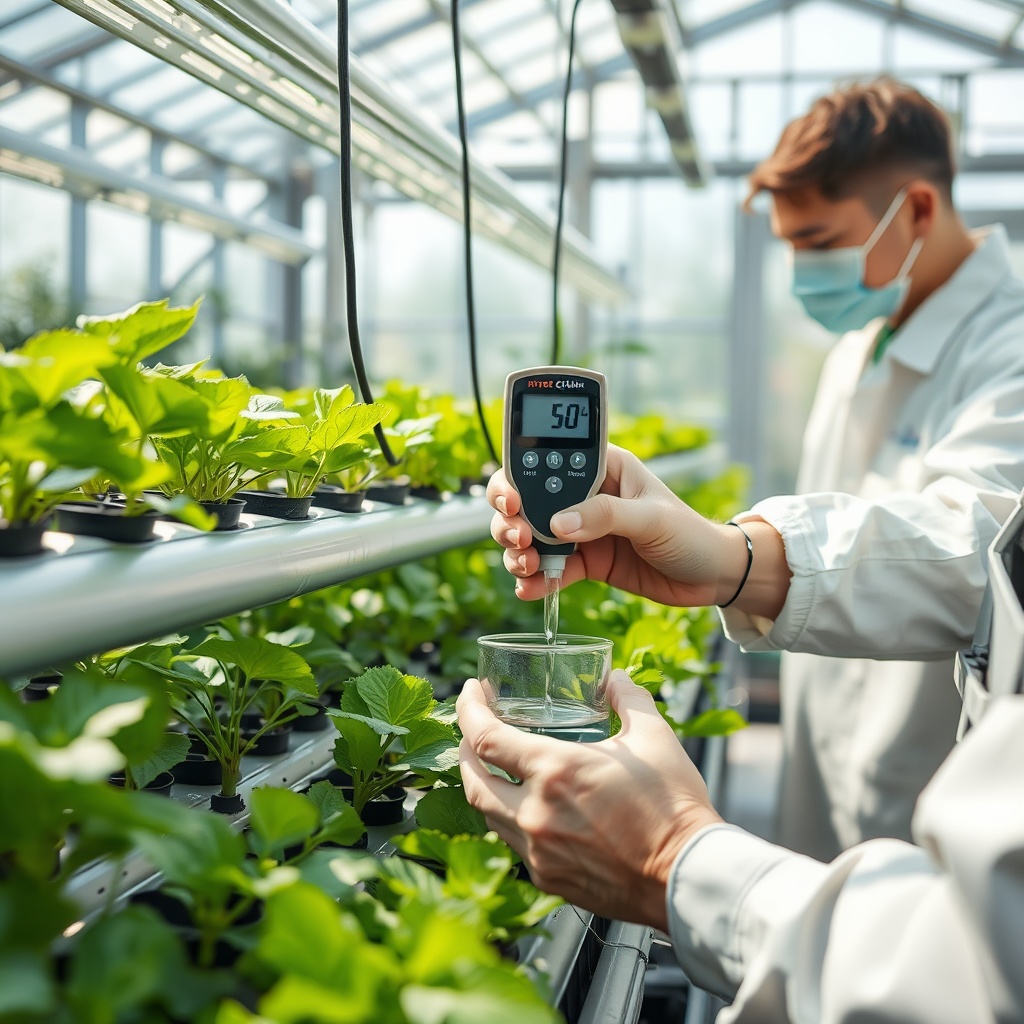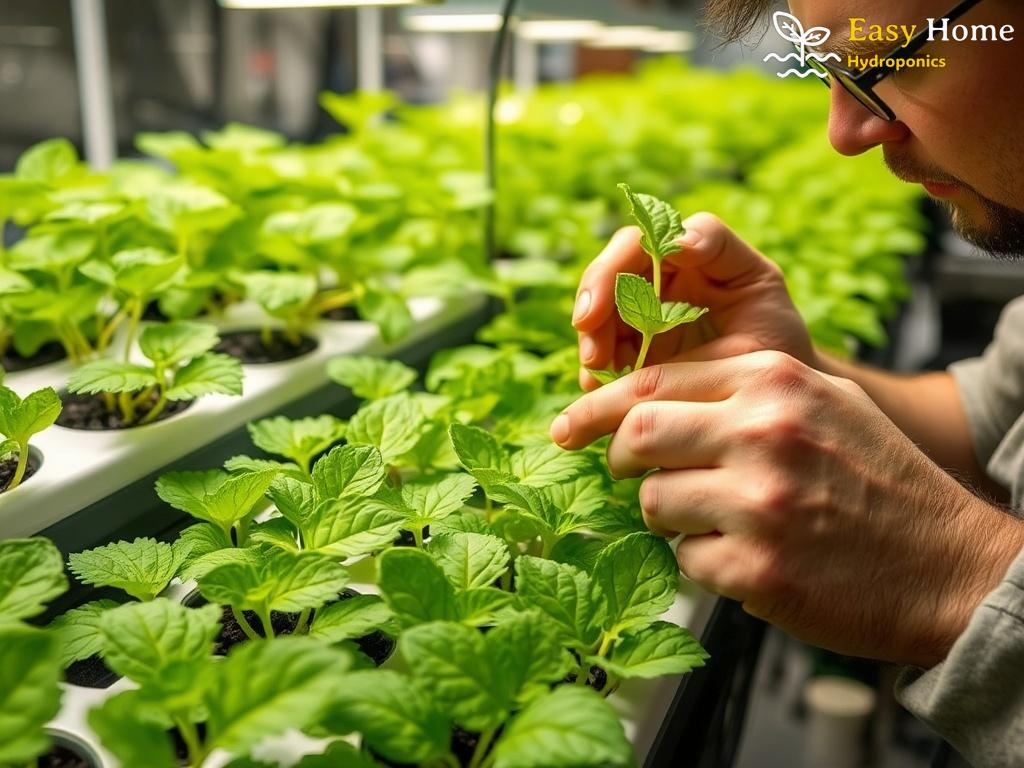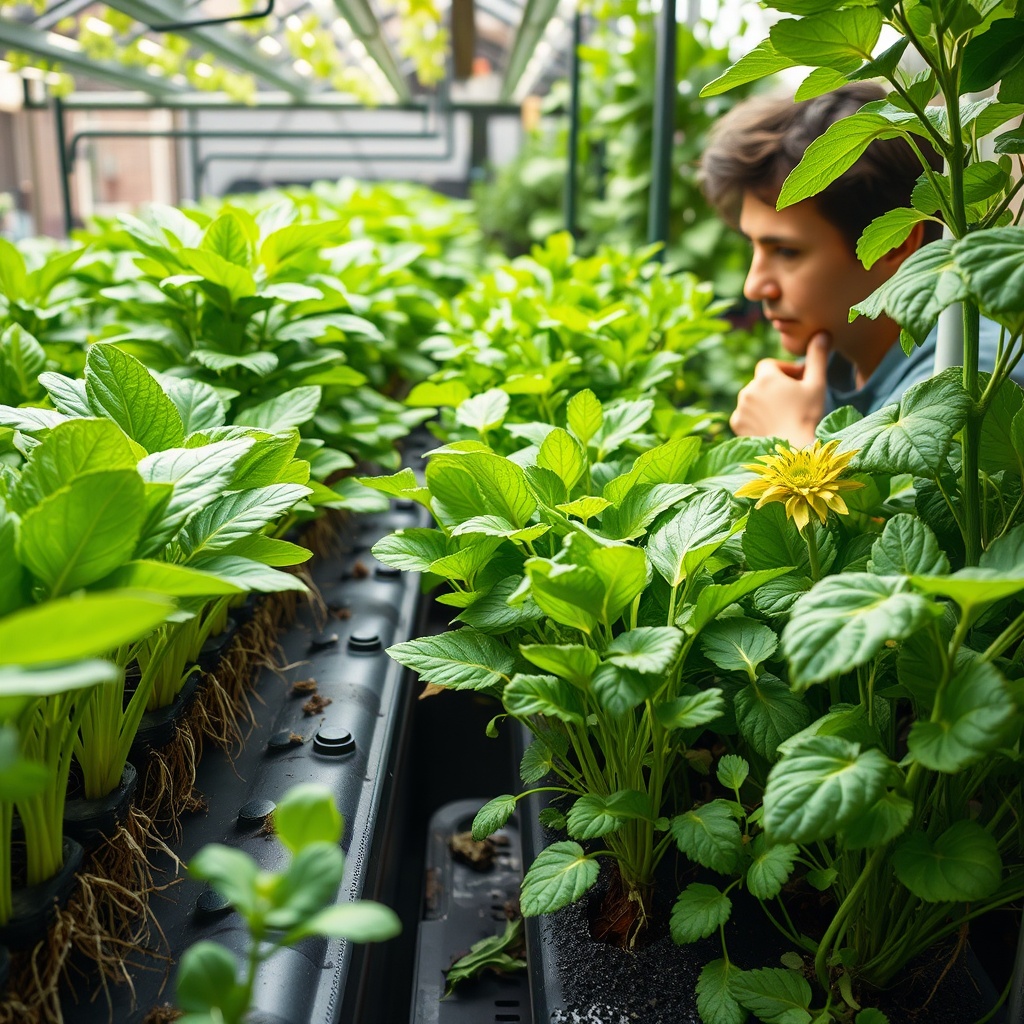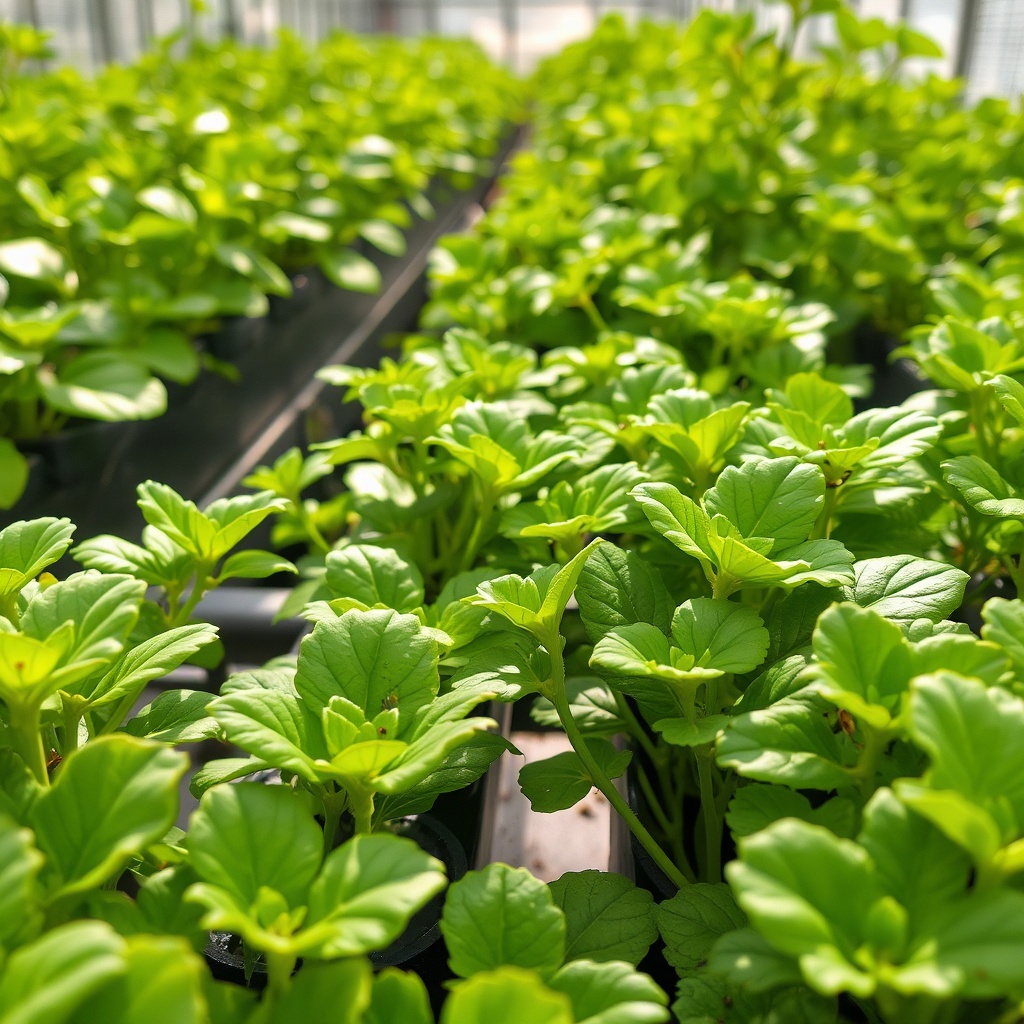Understanding the Threat of Chlorine
Chlorine, a common water disinfectant, plays a crucial role in maintaining the hygiene of our potable water systems. However, its presence in hydroponic systems can pose a significant threat to plant health. When introduced into nutrient solutions, chlorine can lead to toxicity, stunting growth and ultimately affecting yield. Hydroponic growers must be vigilant about chlorine levels to ensure their crops flourish.
To tackle this issue effectively, it’s essential to understand how chlorine interacts with plants and the signs of toxicity that may manifest. Early detection and intervention can make all the difference in protecting your hydroponic garden.
Signs and Symptoms of Chlorine Toxicity
Identifying chlorine toxicity in your hydroponic system can be a game-changer for your crops. The symptoms can range from subtle to severe, impacting plant vigor and overall health. Understanding these indicators allows growers to take proactive measures to mitigate damage.
- Leaf Discoloration: A common initial sign, leaves may exhibit yellowing or browning, especially at the edges.
- Stunted Growth: Affected plants may show reduced growth rates, leading to smaller yields.
- Wilting and Drooping: Chlorine stress can cause plants to lose turgidity, leading to wilting.
- Root Damage: Chlorine can harm root systems, resulting in poor nutrient uptake.
Recognizing these symptoms early can help you devise a strategy to combat chlorine toxicity effectively.
Effective Strategies for Mitigation
Once you’ve identified the signs of chlorine toxicity, it’s time to act. Mitigating chlorine’s effects in a hydroponic system is crucial for restoring plant health and ensuring optimal growth. Here are innovative strategies to consider:
- Water Filtration: Invest in high-quality water filtration systems to remove chlorine from your water supply before it reaches the plants.
- Aeration: Aerating your water can help dissipate chlorine, making it less harmful to your plants.
- Chlorine Neutralizers: Use commercial products designed to neutralize chlorine in nutrient solutions.
- Monitoring and Testing: Regularly test your water for chlorine levels to preempt toxicity issues.
Employing these strategies will help you safeguard your hydroponic system from the detrimental effects of chlorine, ensuring your plants not only survive but thrive.




